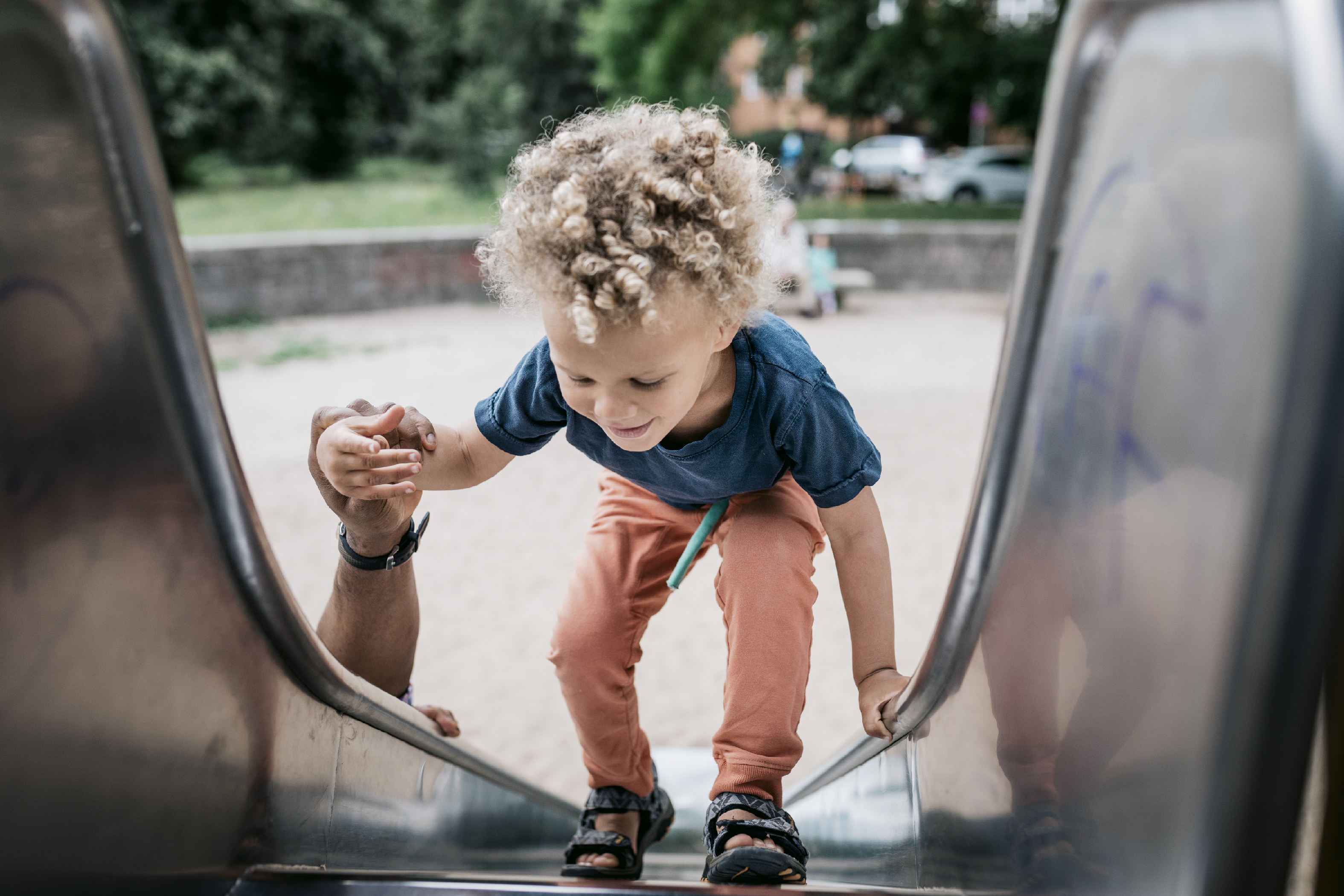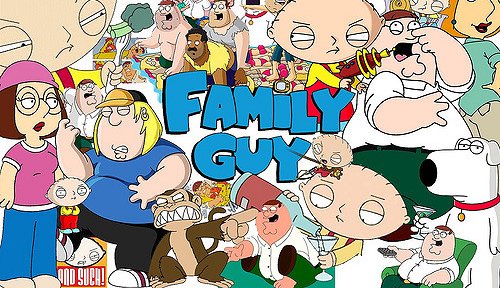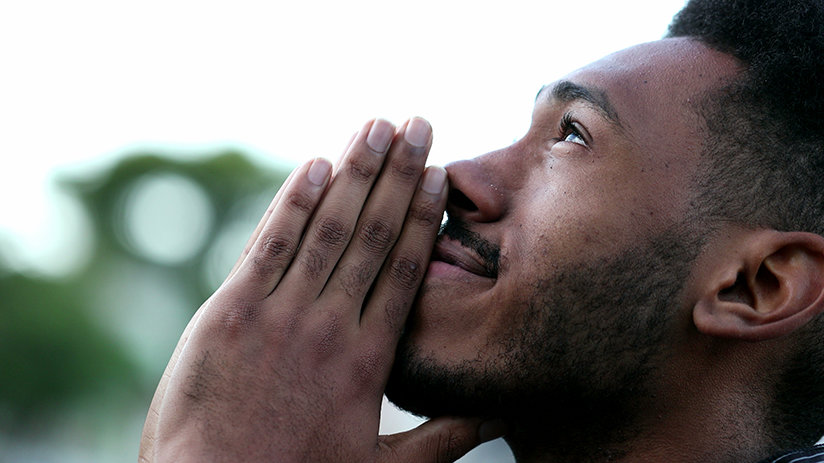
-
HOME
-
WHAT IS STANDOur Mission Our Values Our Help Contact
-
WHAT WE FIGHT FORReligious Freedom Religious Literacy Equality & Human Rights Inclusion & Respect Free Speech Responsible Journalism Corporate Accountability
-
RESOURCESExpert Studies Landmark Decisions White Papers FAQs David Miscavige Religious Freedom Resource Center Freedom of Religion & Human Rights Topic Index Priest-Penitent Privilege Islamophobia
-
HATE MONITORBiased Media Propagandists Hatemongers False Experts Hate Monitor Blog
-
NEWSROOMNews Media Watch Videos Blog
-
TAKE ACTIONCombat Hate & Discrimination Champion Freedom of Religion Demand Accountability
The Antidote for Hate and Bigotry—Why the World Deserves “Kindness Day”
Ten subjects watch as the man in the white coat sets up his experiment. He’s putting up a tent and is plainly struggling—he puts the wrong stick in the wrong hole, then nearly rips the canvas trying to stretch it to make it fit. The subjects sit in their chairs watching him mess up again and again, not realizing that this is the experiment: no one raises a finger to help. The researcher grunts and groans, even swears in exasperation—all to no avail. Finally, after eight minutes, a young man gets up and offers to help. The experiment is repeated several times with a new set of witnesses each time, and each time it takes about that many minutes for unprompted help.

The experiment is done once more, now with just five witnesses. This time, with just the five witnessing the researcher’s futile efforts to pitch a tent, an average of seven minutes—one minute less—elapses before someone saves the day.
“The most valuable asset we have, actually, is our ability to understand, to do the right thing, to be kind, to be decent.”
One final version of the experiment is done, now with just one witness. This time the man in the white coat needs to fumble just an average of slightly over three minutes each time before help is offered.
Lesson learned: When you’re in a large group it’s easier—safer, some would say—to be a bystander, rather than a participant. You figure, well, someone else can do something. The sense of responsibility for one’s fellows is diluted. But when it’s just you and the person in distress, there’s no crowd to hide behind. You. Are. It. You and the sufferer are in this together. And that is when we find ourselves capable of the most extraordinary acts of selflessness and kindness.
Kindness is a mystical blend of love and help. It doesn’t matter whether it’s a loved one or a stranger who exhibits the act of kindness—that person will forever harbor a special place in our heart. If you thought of someone at any time in your life who showed you a bit of kindness, a bit of understanding or empathy during a tough moment, chances are you remember that person with warmth. It’s hard to hate someone who’s been kind to you. And it’s hard for those to whom you’ve shown kindness to hate you.
World Kindness Day, observed each November 13, is an international holiday first introduced in 1998 by the World Kindness Movement, an NGO made up of organizations from around the world. The holiday is devoted to reducing hatred of all kinds—from personal enmity to religious bigotry to human rights abuses—by promoting kindness instead. The purpose of World Kindness Day, according to the movement’s website is “to highlight good deeds in the community focusing on the positive power and the common thread of kindness which binds us.”
So kindness is an active verb. It’s more than good manners and stifling yawns when bored with someone’s conversation. It is positive action, reaching out to include others. It is finding someone who’s worse off than you are and helping them. It’s providing assistance to those in need—to communities at risk, to minority religions facing abuse here and abroad. It’s advocating for social change towards human rights and religious freedom.
Experiments in empathy have demonstrated that we tend to empathize more with those whom we feel are in the same group as we are—the same race, religion, ethnicity or gender. Does that make us inherently bigoted? No. But it may indicate our timidity to reach out beyond our comfort zones.
Reaching within to draw out our own natural selflessness helps us reach others we might not otherwise touch. And reaching with kindness as opposed to reacting with anger and hate is more effective in both the long and short term. As Scientology Founder L. Ron Hubbard counsels: “The most valuable asset we have, actually, is our ability to understand, to do the right thing, to be kind, to be decent.”
You never know what the future will bring. You never know what impact on others and on YOU your thoughtless or thoughtful words will have. A Holocaust survivor was asked if there were any memories of that period, any horrific moments that have stayed with her and won’t go away. Her answer wasn’t what the interviewer expected—a graphic description of the terrors of Auschwitz or the cruelties endured. It was the moment she lashed out at her little brother and scolded him for not tying his shoes. Moments later, they loaded him on the cattle car to the death camp. It was the last time she would ever see him, and that moment of anger—when kindness was needed—would stay in her heart with sorrow and regret for the rest of her life.
This World Kindness Day—and every day—is an opportunity to not lash out, even though every impulse within you commands you to. It’s an opportunity to try to look past the moment, the situation, the outward appearance and see the person.
Before you attack, give a few seconds for that mystic blend of love and help to work its magic on you, and then present it to the person so that they can experience it, too. In other words, to quote Mr. Hubbard, “The only way anything ever does resolve is by letting your own kind heart reach through.”









